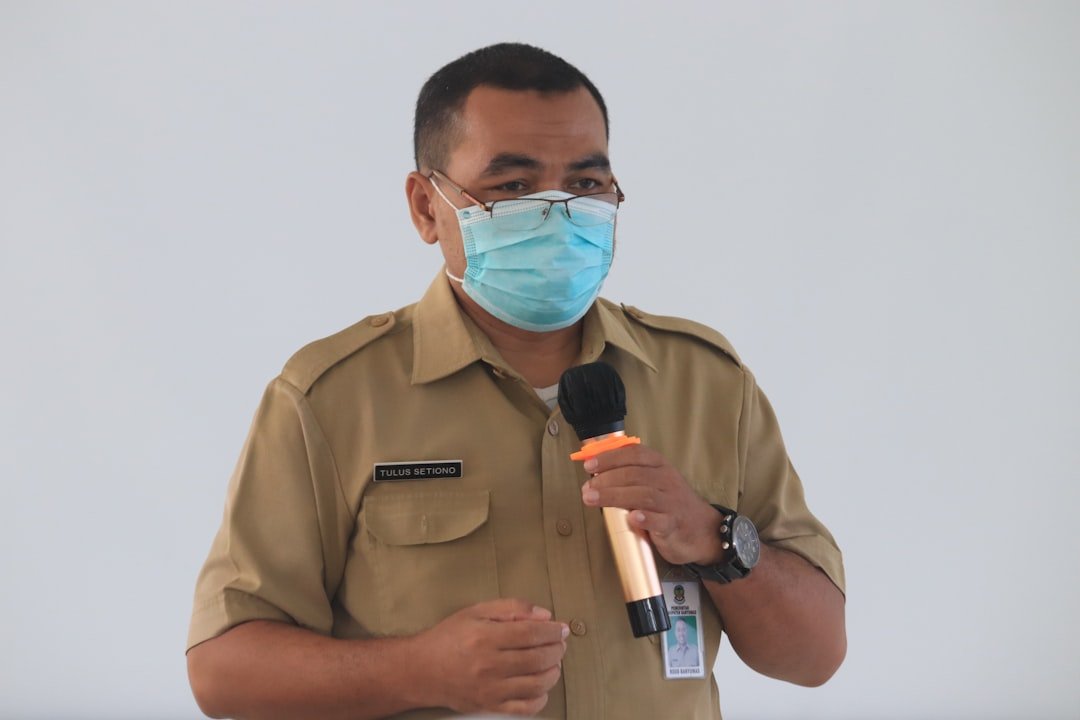
Each year, millions of people face harm from defective medications and improper prescribing practices, often resulting in emergency treatments, persistent health complications, permanent impairments, or tragic fatalities in severe instances.
Unfortunately, these incidents frequently stem from negligence by pharmaceutical companies, physicians, and pharmacy staff. Such problems can arise from severe side effects, exceeding recommended doses as per instructions, or receiving an inappropriate medication from a healthcare provider.
In many cases, these medication-related injuries are grave enough to necessitate hospital stays. Beyond the substantial medical expenses and hospital fees, victims may encounter lost income, intense physical discomfort, and emotional distress.
Given that such harm often results from another’s oversight or error, the responsible party should be held accountable for the financial and personal losses incurred. If you or a family member has been injured by a flawed drug, compensation is warranted provided there is evidence linking the medication to the damage.
However, drug manufacturers and medical professionals, including doctors, nurses, and pharmacists, typically carry professional liability insurance to cover potential claims. This means that if your injury claim is disputed, you might end up litigating against the insurer in court.
Fortunately, legal frameworks exist to safeguard individuals’ rights in these situations. An experienced attorney specializing in defective drug cases can advocate for fair compensation, negotiating with insurers for a settlement or representing you in litigation to restore your quality of life as much as possible.
So, how can you determine if it’s time to consult a drug injury attorney?
UnderstandingWho Bears Responsibility for Medication-Related Harm
Before any drug is deemed safe for public use and released to the market, it must undergo rigorous approval processes, including extensive clinical trials conducted by regulatory bodies like the FDA. Even after approval, manufacturers are required to adhere to strict standards for production, packaging, and distribution to minimize risks—statistics show that over 2 million serious adverse drug events occur annually in the U.S. alone, according to the CDC.
Similarly, healthcare providers must possess thorough knowledge of a drug’s effects before recommending it, tailoring dosages based on factors such as a patient’s medical history, current conditions, and potential allergies. Pharmacists play a critical role by verifying prescriptions and ensuring that dispensed medications are not expired or incorrectly labeled.
Consequently, pharmaceutical firms, prescribers, and dispensers all have a legal obligation to prioritize patient safety, making them potential defendants in lawsuits involving drug injuries. With that context, here are key indicators that hiring legal help might be necessary.
You Experienced Significant Harm Following Taking a Medication
Exposure to a harmful drug can lead to a spectrum of outcomes, from minor discomforts to debilitating conditions that disrupt daily activities and employment.
If your health declined shortly after starting a new prescription, adjusting a dose, or switching treatments as advised by your doctor, seeking legal counsel could be prudent. You might not immediately connect the dots between the drug and your symptoms, which leads to the next consideration.
A Separate Healthcare Provider Confirms the Link
Medical professionals are bound by ethical codes to act in their patients’ best interests, including identifying and addressing errors made by colleagues. If a new doctor alters your prescription and suggests that the previous one contributed to your issues, this could signal negligence.
It’s essential to inquire about the reasons for the change and explore whether the original medication might have triggered your problems. Such validation from a trusted source often justifies promptly engaging a drug injury lawyer to build a case for medical oversight.
Incorrect Dosage or Outdated Medication
As noted, pharmacists can err in their duties, such as distributing expired products or providing inaccurate dosing instructions, which may lead to unintended overdoses and severe consequences—data from the Institute for Safe Medication Practices indicates that medication errors affect over 1.5 million people yearly in the U.S.
Should you discover discrepancies in the dosage on the label or signs that the medication has passed its expiration date, reaching out to a legal expert for guidance and support is a wise step to protect your rights.
In general, it’s advisable to research potential drug risks online using reliable sources, such as government health websites or accredited medical databases, especially if you’re experiencing unexplained symptoms. The signs outlined above are among the most compelling reasons to act quickly and secure professional legal assistance in drug injury matters.
